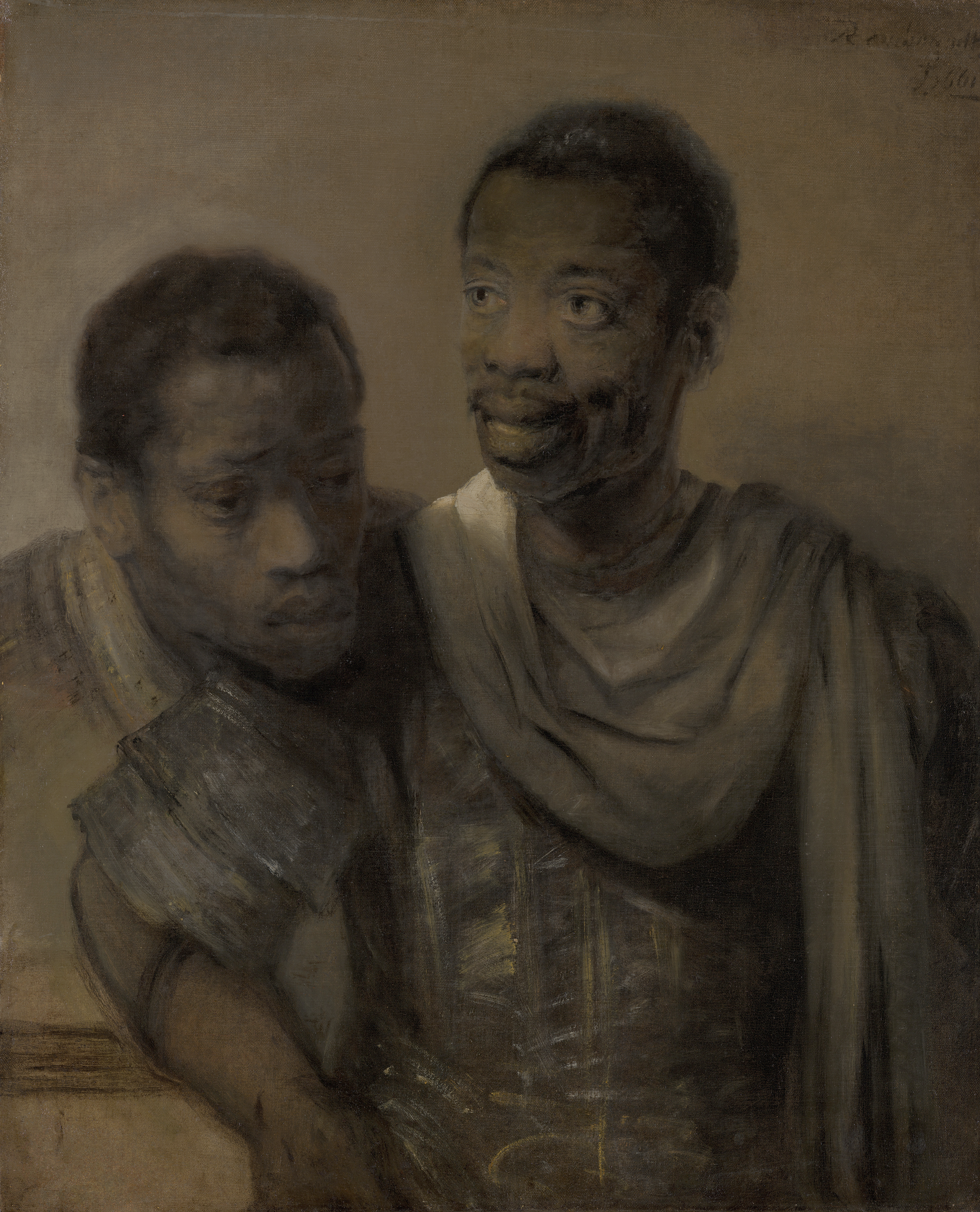Political Economy in Empire / Empire in Political Economy New Insights from Intellectual and Imperial History
DOI:
https://doi.org/10.18352/tseg.1040Keywords:
review essay, imperial history, eighteenth centuryAbstract
For the longest of times, commerce and empire have been held to reside in perfect isolation from one another. Conceptually, peaceful commerce starkly opposed the discord of empires. In that same vein, political economy – the tool of commerce – was often considered the natural counterpart of warfare – the tool of empire. In many regards political economy was – and still is – considered an appealing alternative to empire, if not the antidote for the evils of imperialism. Despite this conceptual antagonism, the acquisition of empire by European maritime states was in most regards strongly intertwined with generating profits – often at the expense of human life and well-being. Empire-building and profit-generating were, as a result, seldom discussed in isolation.






